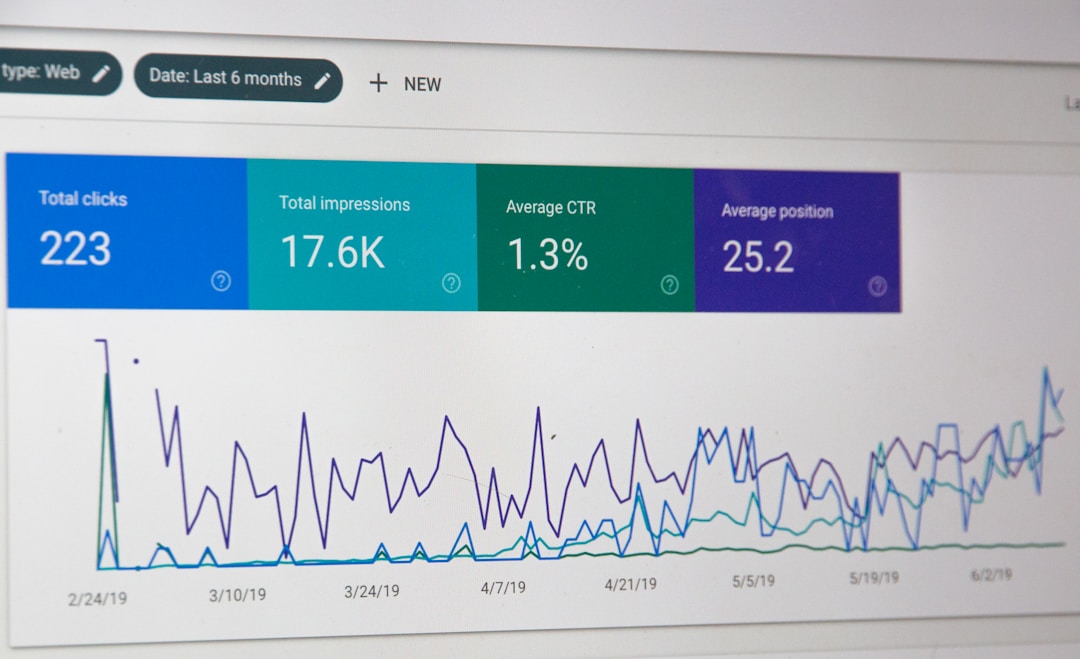
Long before the COVID-19 pandemic popularized remote working, an increasing number of businesses had effectively implemented the “work-from-home” practice. With the use of data management tools, small businesses with remote policies can lower organizational costs, boost employee productivity, and reduce employee turnover.
Without a doubt, data has become an invaluable resource for modern businesses that rely on insights gained from data analytics for strategic decision-making; however, many other businesses are yet to jump on the data train. The underutilization or mismanagement of data can put a severe dent in a business’s bottom line. In this article, you’ll find valuable data management tips for small remote businesses.
Implement secure cloud storage solutions.

Many companies with work-from-home practices adopt cloud storage solutions to save data securely online. That way, remote workers who are granted permission can access the files anytime from any location via an internet-enabled device and send and retrieve data online from a remote data server. What’s more, cloud storage serves as an efficient off-site data backup tool and is a great way to back up data to enable recovery off-site.
As a small remote business owner, you can keep your company files stored with a cloud computing services provider and still have real-time access on any internet-connected device. Additionally, you can use cloud storage to archive files that you don’t access frequently whilst the cloud storage provider retains and maintains all the essential hardware and software.
When choosing cloud storage, opt for a reputable vendor with years of experience in the industry. Alternatively, consider creating a mobile application that facilitates data sharing and team collaboration. If you’re not tech-savvy, you can outsource your software project to a software development company like Sunvera Software, which is a market leader in the software development industry based in Orange County. The software development company specializes in providing mobile application development services and is an expert in helping small companies build innovative web applications for solving complex problems.
The bottom line is that cloud storage can help with your data storage needs, ultimately saving you substantial expenses on building on-premise data storage infrastructure. What’s more, you can always scale up or down as your data storage needs change.
Prioritize security.
Data stored both on a physical disk or in a cloud server is susceptible to many risk factors that include incessant hacks. This has become a major concern for businesses that store sensitive data in the cloud. Certainly, cloud computing has become more prevalent for many reasons, including speed and efficiency, cost savings, performance, increased productivity, and security. However, security risks for data stored in the cloud are just as common. Thankfully, various proven strategies exist for enhancing security.
Cloud security comprises all activities aimed at protecting data stored on cloud-computing platforms from leakage, data loss, deletion, and theft. Both hybrid and remote companies alike adopt cloud security measures like penetration testing, virtual private networks (VPN), two-factor authentication (2FA), tokenization, obfuscation, and firewalls to protect data stored online.
Incorporate data analytics.

As mentioned earlier, the underutilization of data can have far-reaching consequences on the business’s bottom line. Data analytics encompasses techniques and processes adopted to analyze raw data and glean actionable insights from them. It plays a critical role in helping a small remote business drive strategy and optimize its performance. With data analytics, business users can discover trends and metrics from the data collected and later use those insights to optimize product offerings and enhance the overall efficiency of the business.
Implementing data analytics into your business model can help you save operating costs by identifying cost-effective ways of running your remote startup. As a business owner, you can also leverage data analytics to make informed business decisions.